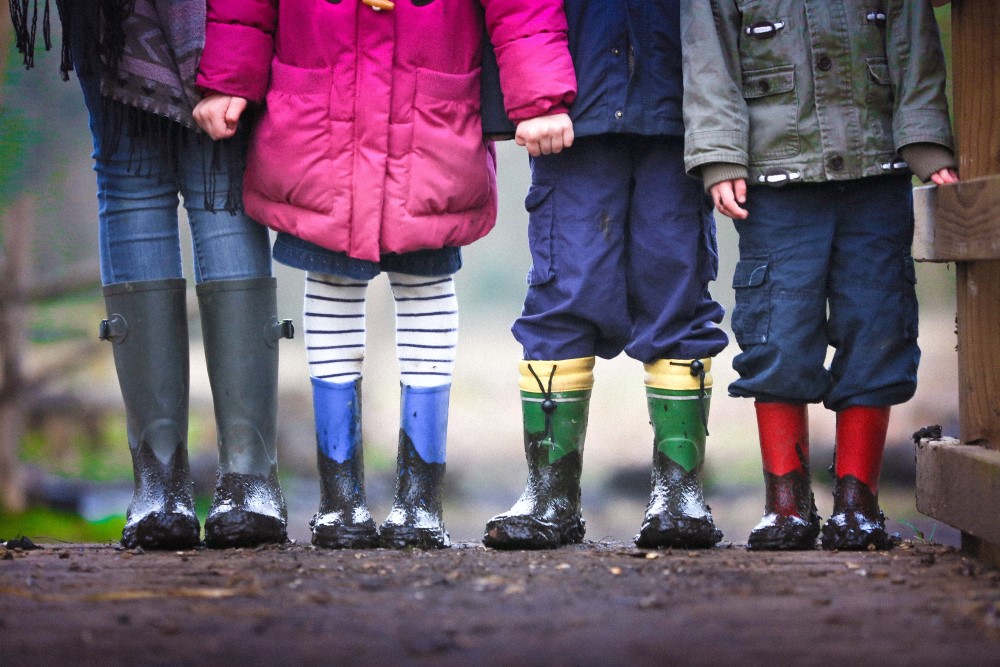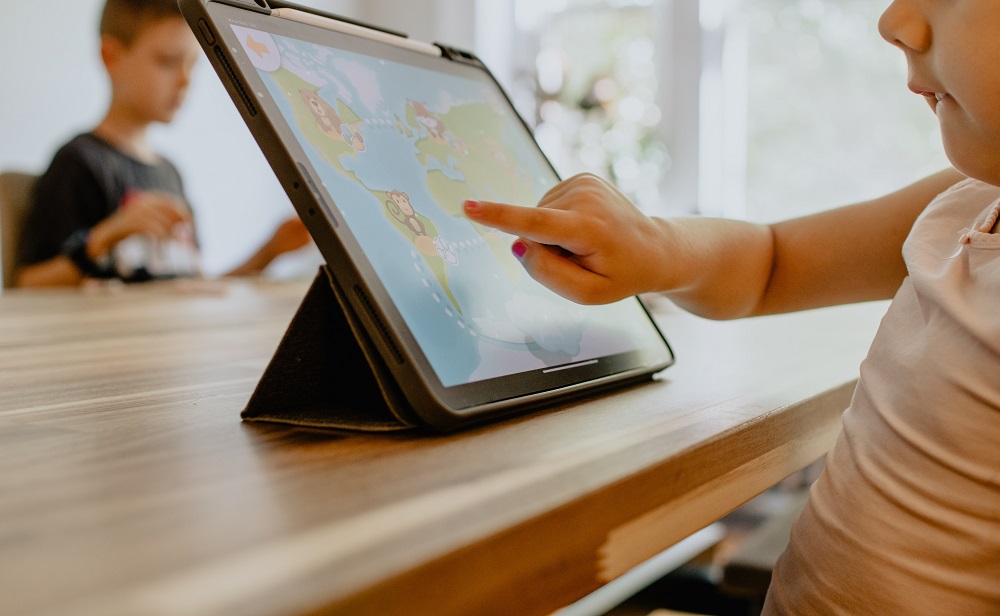During this period, we worked with over 50 schools, 2000 children and their teachers. We worked with children from EYFS through to Y6 and it wasn’t just the schools who gained knowledge from them.
We learnt some interesting insights along the way as well as seeing just how relevant our online safety materials are in instilling a healthy online safety culture in schools today.
Our approach of Stop, Check, Share used alongside some of our quality teaching material was very well-received. Working with children from EYFS to Year 6 we were able to engage them in an approach that was positive and engaging, recognising the joy children get from the Internet and the excitement they bring to it. The children learned things of interest as did their teachers.
Here we share some of our learning.
Children engage with the Internet from before they go to school.
This was no surprise. There is plenty of research out there that supports this. The latest Ofcom Children and Parents: Media Use and Attitudes report (published February 19) indicates that 19% of 3 to 4 year olds have their own tablet and that 52% of them go online for nearly 9 hours a week. This research is further supported by the JRC Science for Policy Report (EU-JRC) into Young Children and Digital Technology. At this age most online engagement is done with their parents support and mostly involves watching videos and tv.
Children’s engagement shows a progression of activity that immerses them more deeply into the social web.
This was another consistent feature across the schools. The children invariably started their experience as viewers, typically ‘Youtube’ videos. However, before they left KS1, online games also played a significant part. In the early parts of KS2 the children are beginning to friend and chat through the games they play. Parents frequently, but not always, are aware and influence who they may friend and chat with. By upper KS2 many children have progressed onto a variety of social media platforms including Tik Tok, Instagram and WhatsApp.
Children have a good understanding of the age limits of the products with which they engage but choose to ignore them.
The children invariably know the age-restrictions of the products that they use. They are either proud of ‘breaking’ the rules or quite defensive. They appear to know the reasons the restrictions are in place but choose to ignore them and by and large they do not really believe they are at risk.
Schools have very varying approaches to teaching and learning about online safety.
Unsurprisingly, schools take different approaches to the topic. More surprisingly there is often considerable variance within a single school. This is largely down to the individual teachers’ experience, expertise, confidence and values. In at least one setting the teacher did not wish to discuss with the children what they were doing on specific games. Whilst it is understandable that teachers don’t want to bring outside issues into the school, the approach did close off opportunities for the children to talk and for the teacher to assess their understanding of risk.
Practical teaching through first-hand experience is still under-developed
There is lots of varying activity in school, but very rarely do children have an opportunity to genuinely communicate and collaborate online that is supported by teaching of specific knowledge such as data privacy, digital footprints and online relationships.
Schools need support to engage parents with their approach to online safety teaching
Schools often run sessions for parents and try to engage them with the work that they are doing, but they are not always well-attended. Schools need support to develop approaches that work including, but not limited to, using class assemblies as a way of engaging parents. Changing the online safety title to something more positive and changing the dynamic away from a technical approach to a sharing, modelling and discussion approach, should entice more parents.
There is often an emphasis on specific issues, rather than a generic approach that keeps children safe in different contexts.
Momo reared its ugly head during the early part of our school visits. Fortnite is a constant. At some point will it be Apex of Legends. Schools are very good at knowing the latest craze, but they are less well-equipped to deal with them. There is a focus on the specifics of the issue rather than a generalised approach that may be applied in a multitude of circumstances such as our Stop, Check, Share approach.
It’s as much about relationships as it is about technology.
In most classes the children had very varied experiences. Some were using Tik Tok or Instagram, others used family WhatsApp groups and some used Fortnite. In these circumstances it’s impossible for schools to focus on the settings and features of each one. What is universally beneficial however is for children to understand the signs of manipulation and coercive behaviour – being asked to keep secrets or share personal information, move platforms or making promises. Teaching about relationships is key to keeping children safe online.
Children are keen to learn about privacy and data.
Children have good understanding of data and are easily able to recognise different types of data by the time they are in lower KS2. Developing this understanding helps them to stay safe.
It is difficult to shift children’s perceptions once they’ve engaged in social activity online.
Online safety is about developing attitudes and embedding skills, attitudes and knowledge. Given the amount of time children spend on technology and online these are becoming embedded in the primary school. By the time children reach upper key stage 2 it is increasingly difficult to shift attitudes and change behaviour.
Conclusions
From our work with these children it is evident that they get much pleasure out of being online. There are significant benefits. It is also clear that in order to stay safe and to create a better Internet for their future, they need to learn through structured first-hand experience which will help them to develop appropriate attitudes and skills. Relationships education will be key.
Interested in running an online safety session at your school?
If you would like us to deliver an online safety session to your school community, please contact our New Era team.

 Australia
Australia Canada
Canada LATAM
LATAM New Zealand
New Zealand UAE
UAE United States
United States








